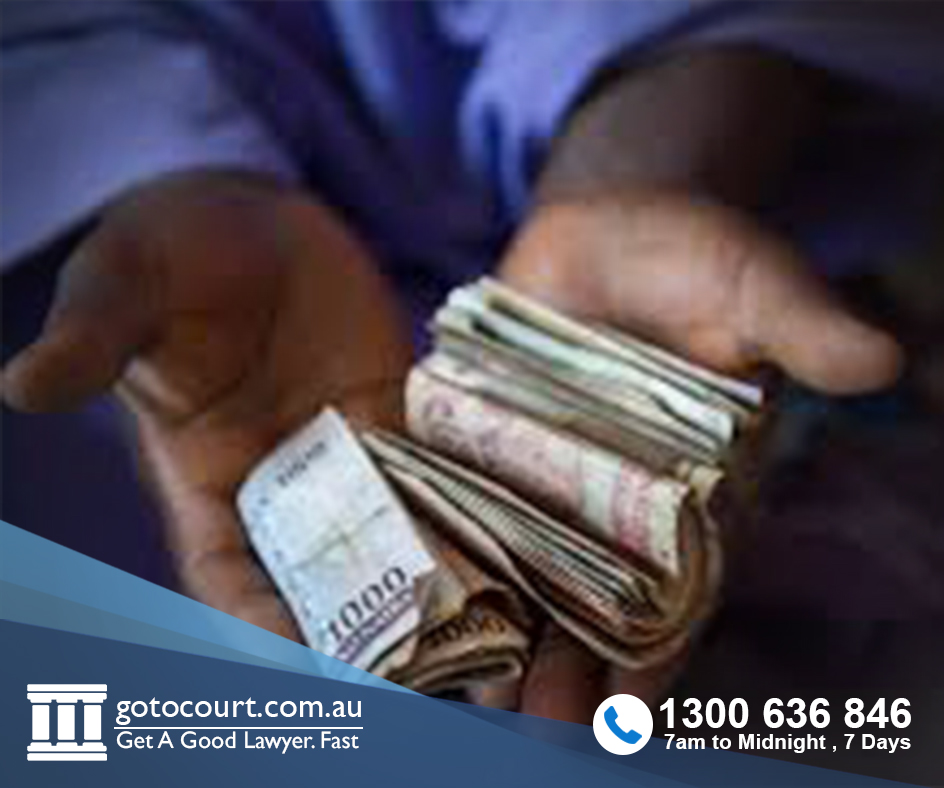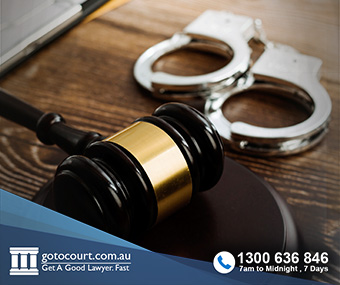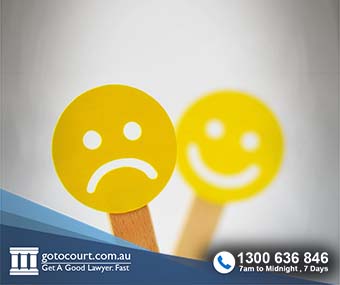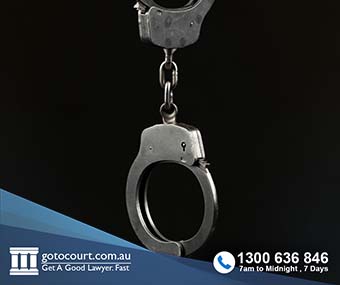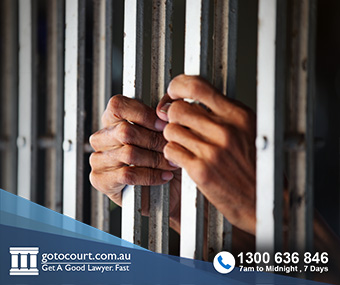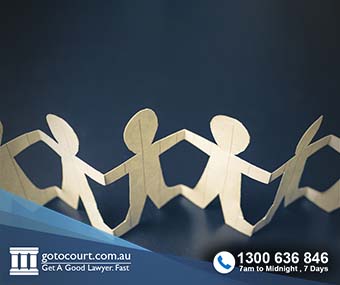Youth Justice Conferences (NSW)
Youth Justice Conferences are a diversionary option available to young offenders who have been charged with a criminal offence. They are an alternative way of dealing with offences that are too serious for warnings or cautions while allowing the young person to avoid going through the court system. Youth justice conferences bring young offenders, their family and supporters face-to-face with the victim, their family, supporters and the police to discuss the crime and how people have been affected the behaviour.
How do Youth Justice Conferences work?
Youth Justice Conferences are conducted by a youth justice convener who helps direct the discussion and ensures that everyone has the chance to speak. Other experts may also be present at the conference, including respected members of the community and Indigenous Elders. Together, everyone who participates in the Youth Justice Conference will decide on a suitable outcome or plan of action for the young offender. This may include:
- A letter of apology to the victim;
- A plan for the offender to make amends for their wrongdoing, such as community work, repair of damage or repayment to the victim;
- A plan for the ongoing support and assistance for the young offender to desist from further offending, such as counselling, drug or alcohol rehabilitation and education.
Why were Youth Justice Conferences introduced?
The Young Offenders Act 1997 (NSW) provides police with various way of dealing with young people who have become involved in illegal activity. The act seeks to steer young offenders away from the court system by giving police the power to direct them to alternative interventions in appropriate cases. The act is a result of many years of trials and reforms of the Juvenile Justice System.
Youth Justice Conferences exist throughout Canada, South Africa and New Zealand. In New South Wales, there are 17 youth justice conferencing offices including; Sydney, Armidale, Lismore, Blacktown, Newcastle, Broken Hill, Orange, Campbelltown, Penrith, Coffs Harbour, Petersham, Dubbo, Fairfield, Queanbeyan, Glen Innes, Wagga Wagga, Gosford and Wollongong. Many communities have welcomed the diversionary interventions the act makes available to young people who have broken the law, particularly in regional areas.
Who is eligible?
The NSW Police, Office of the Director of Public Prosecutions or the Children’s Court can refer matters for Youth Justice Conferences. There are certain types of offenders who are not eligible for conferencing, such as those charged with serious criminal offences (those that must be heard in the District Court).
A matter can be referred to Youth Justice Conferences if:
- It is a summary or minor matter, such as stealing, damage to property or an assault, including where the victim has suffered harm;
- The young person has not participated in a conference previously;
- The young person admits to the offence and agrees to attend the conference;
A Youth Justice Conference is successful if:
- The victim and the young offender agree on the outcome plan; and
- Monitoring of the young person ascertains that they have completed the outcome plan to a satisfactory level.
Conclusion
Youth Justice Conferences are a positive approach to dealing with young offenders. Participants in the conferences, including victims and offenders, have reported positive experiences, with the likelihood of future offending reduced.
Conferencing assists young people to reflect on and take responsibility for their actions. It also provides a therapeutic opportunity for victims to share the impact of the offending behaviour on their lives. It also provides the opportunity for the victim and their family to have a direct role in the decision-making process in rehabilitation of the offender.
If you know a young person who is or has recently become involved in the court system for offending behaviour, it is worthwhile seeking legal advice so that you are aware of the options available for dealing with the matter, including youth justice conferences.
If you require legal advice in any matter please contact Go To Court Lawyers.

